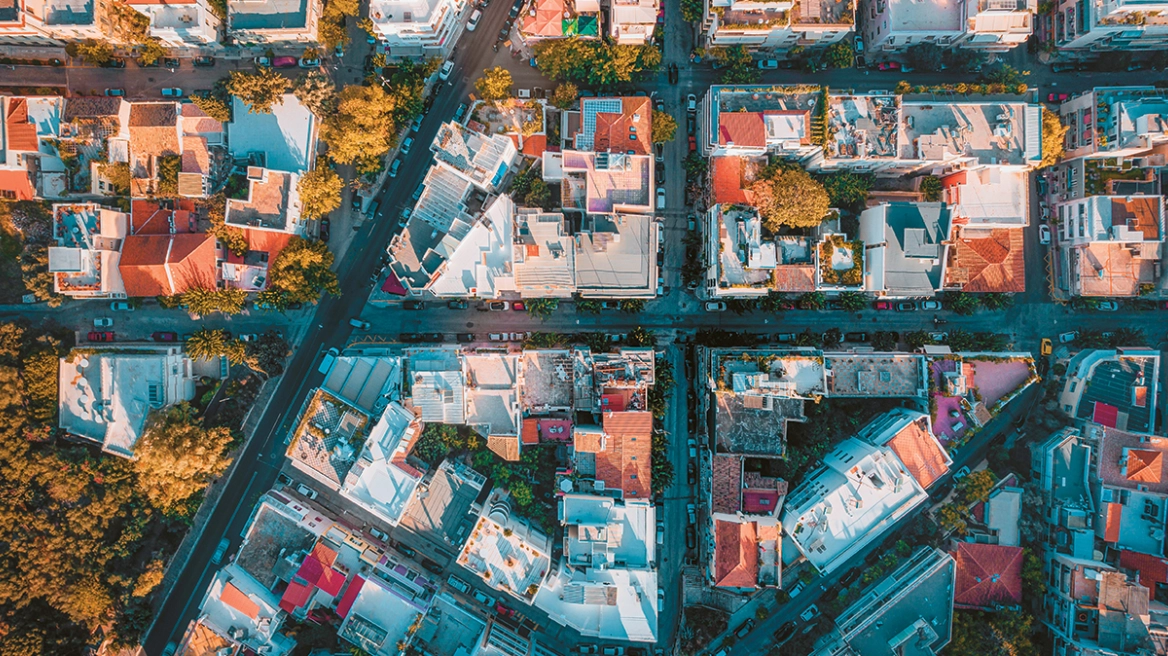Germany‘s governing coalition (SPD, Greens, FDP) is facing its most serious crisis to date after the submission of a text “on economic recovery” and a “partly fundamental revision of key policy decisions” by Liberal (FDP) leader and Finance Minister Christian Lindner, which largely nullifies key positions of his government partners and calls into question the continuation of cooperation with them.
In his 18-page document, which was leaked to Stern magazine last Friday, Lindner attempts to take stock of the government’s economic policy and calls for an “economic recovery with a partly fundamental revision of key political decisions” in order, he explains, to prevent the damage Germany is suffering as a business centre. The FDP leader calls, among other things, for the definitive abolition of the solidarity contribution for high earners, an immediate halt to all new regulations in climate policy and a comprehensive change of course, together with financial support for businesses. The situation is made more dramatic by the fact that the government has until November 14 to present to the Bundestag’s Budget Committee its proposal to close the funding gap for 2025, and also to come up with a strategy to deal with the economic crisis in the country.
Lindner’s demands were first rejected by Social Democratic Party (SPD) leader Saskia Esken, making it clear that “the points mentioned in the text cannot be implemented by the governing coalition” and admitting that “at the moment one cannot predict exactly when the next elections will take place”. Co-chairman Lars Klingbail spoke of a “liberal ideology” and added that the SPD would not participate in “here and now the rich get richer” policies, with the working middle class being paid lower wages, working longer hours and receiving lower pensions.
In an interview with German public television channel ZDF’s second channel, Lindner left open whether he was making the adoption of the measures he described a precondition for his party to remain in the coalition and asked the chancellor to comment on his proposals. “The current situation, with the chancellor’s discussions, Mr. (Robert) Habeck’s documents, proposals from me, etc., I can promise the people that it will become clear as soon as possible,” the Liberal leader said.
As BILD revealed yesterday, Chancellor Olaf Scholz held emergency confidential meetings yesterday until after midnight, first with the SPD leadership and then with Finance Minister Christian Lindner. Until Wednesday, when the crucial meeting of the Government Committee will take place, at least three more meetings are scheduled between Mr. Scholz and Christian Lindner and Finance Minister Robert Habeck (Greens).
The escalating confrontation within the government has raised concerns about the possibility of a break-up of the coalition and many interpreted Christian Lindner’s text as a “divorce suit” to his partners or even a “declaration of war”. Something similar had been tabled in 1982 by then Finance Minister Otto Lambsdorff, also from the FDP, with policies that could not be accepted by the Social Democrat chancellor and government partner Helmut Schmidt and signalled the end of their 9-year government partnership and a change of chancellor. According to the FDP, however, Mr. Lindner did not seek to make his own document, which was addressed only to his inner circle of government officials, public, but was eventually leaked to the media. As Der Spiegel magazine even reported, the FDP leader blamed the leak on the Greens and complained of a “lack of discretion.”
The FDP partners on the other hand also appear annoyed with the meeting today unilaterally organized by the parliamentary group of the Liberals with representatives of German companies for a “top-level” discussion. In addition, Liberal Transport Minister Volker Wissing, in an article in the Frankfurter Allgemeine Zeitung, is against his party leaving the government, describing anything else as “disrespectful” to the people. “It is the citizens who decide on the possibilities of forming a majority, not politicians or party conferences. Coalitions are not an easy thing. Governance is not an easy thing. Democracy is not an easy thing. We are responsible for ensuring that we succeed together,” he writes in the article, raising questions about whether the entire FDP, which in the latest polls appears to be on the verge of entering parliament, is siding with its leader.
Ask me anything
Explore related questions





